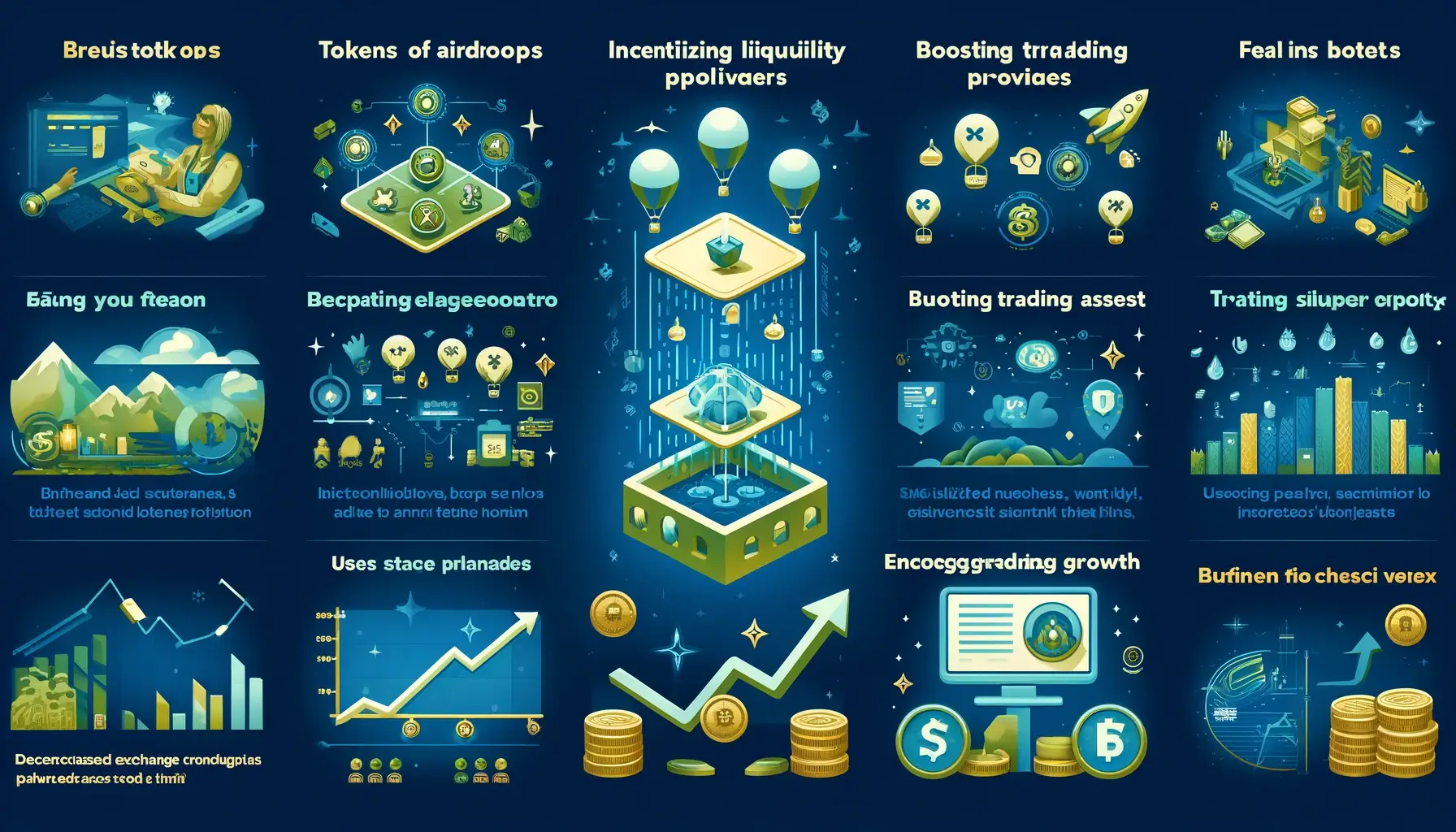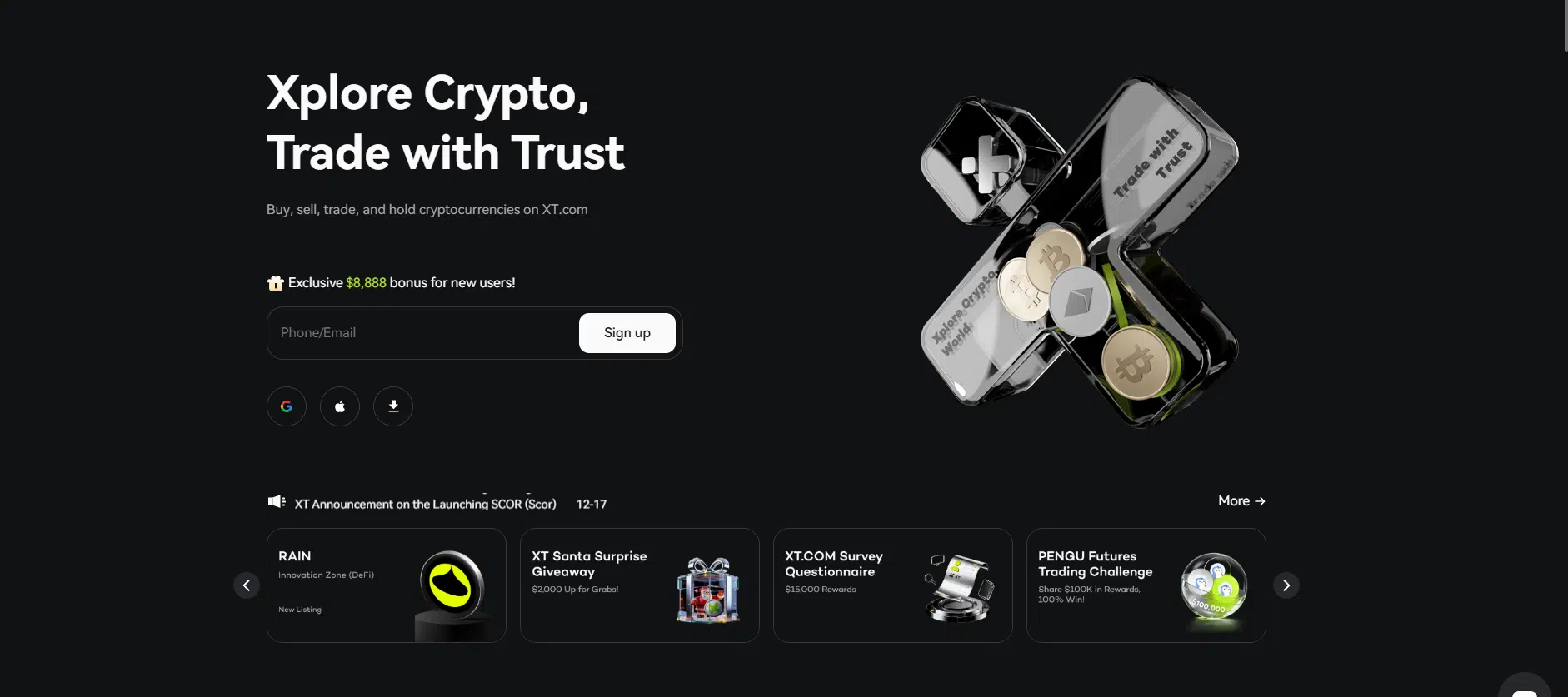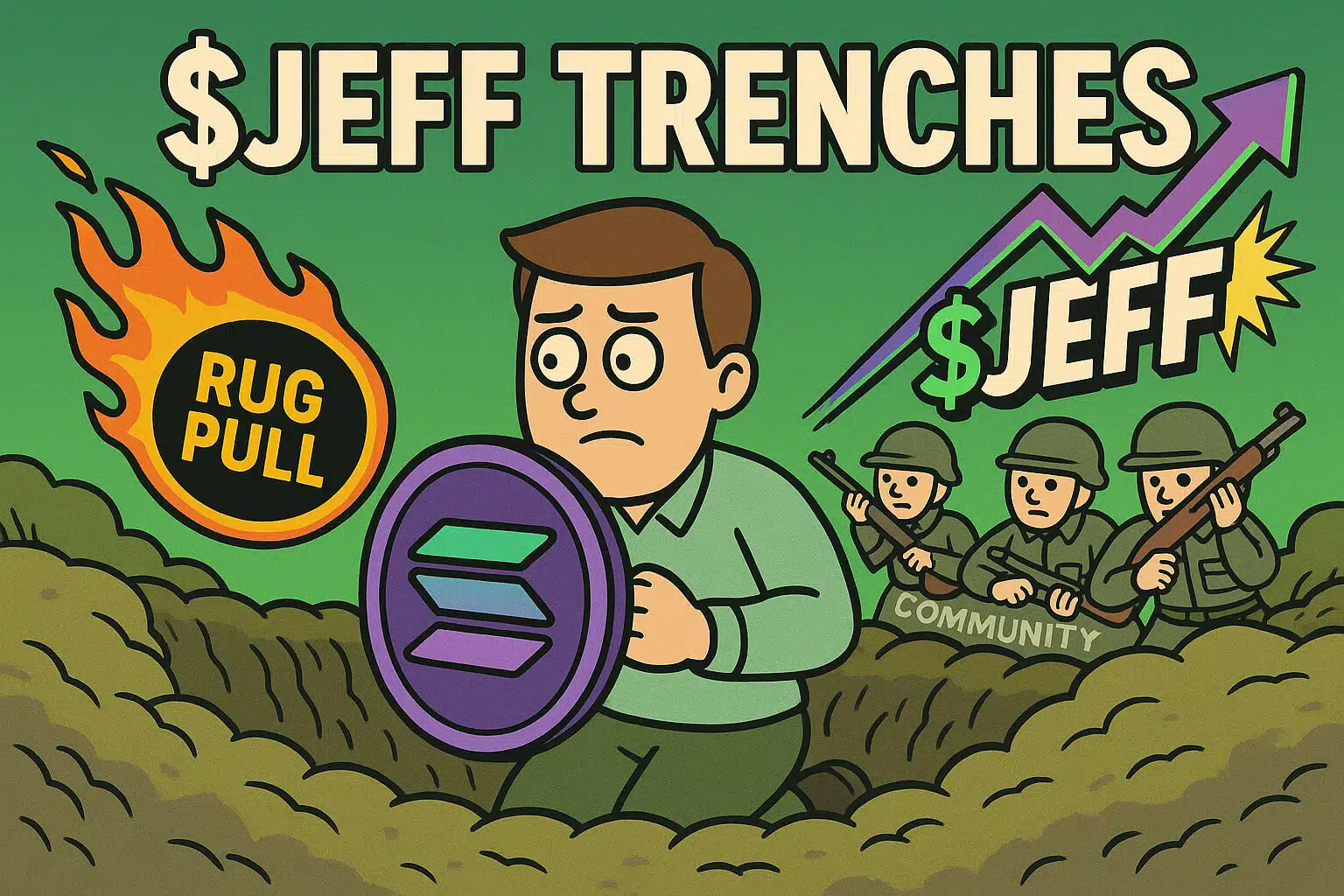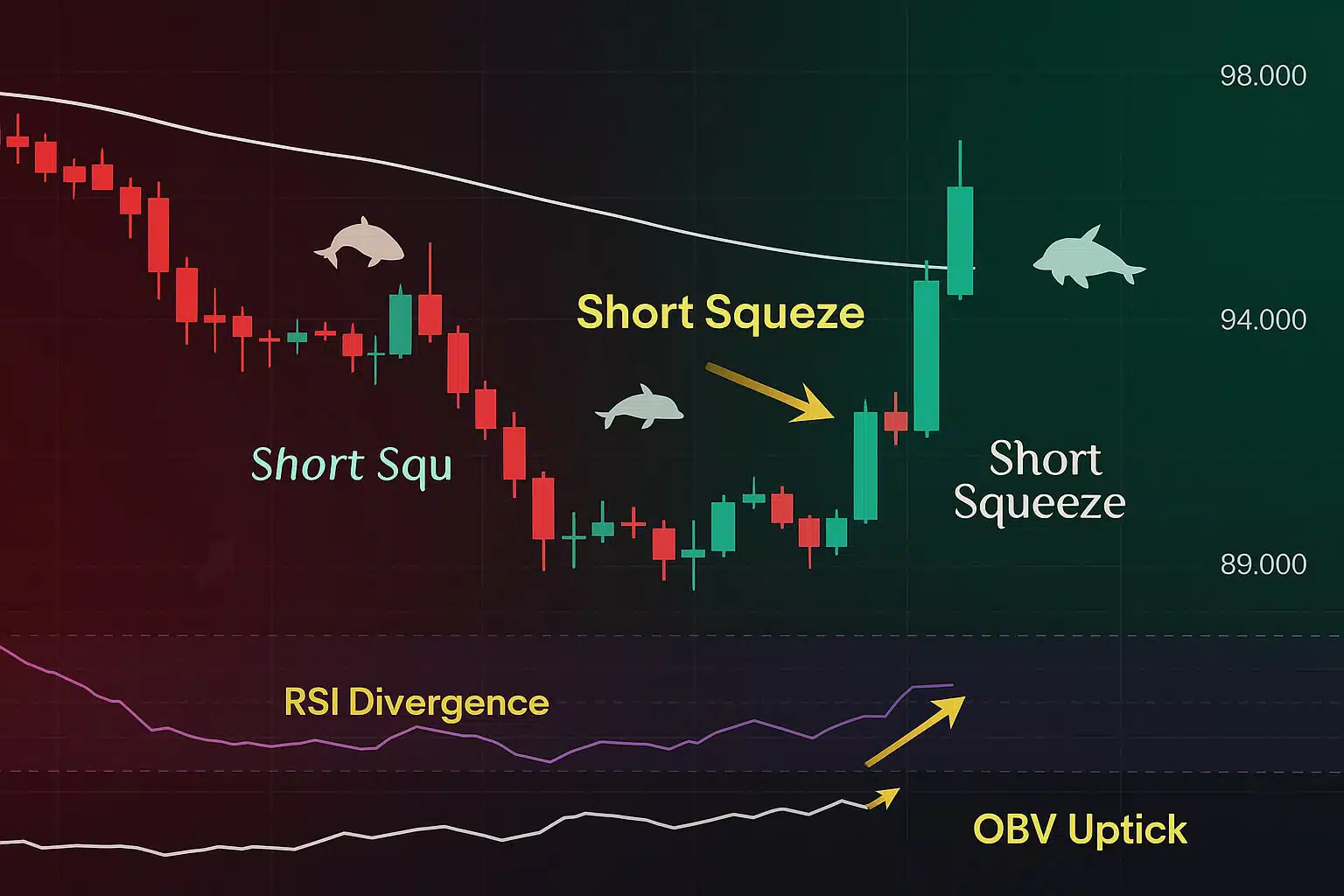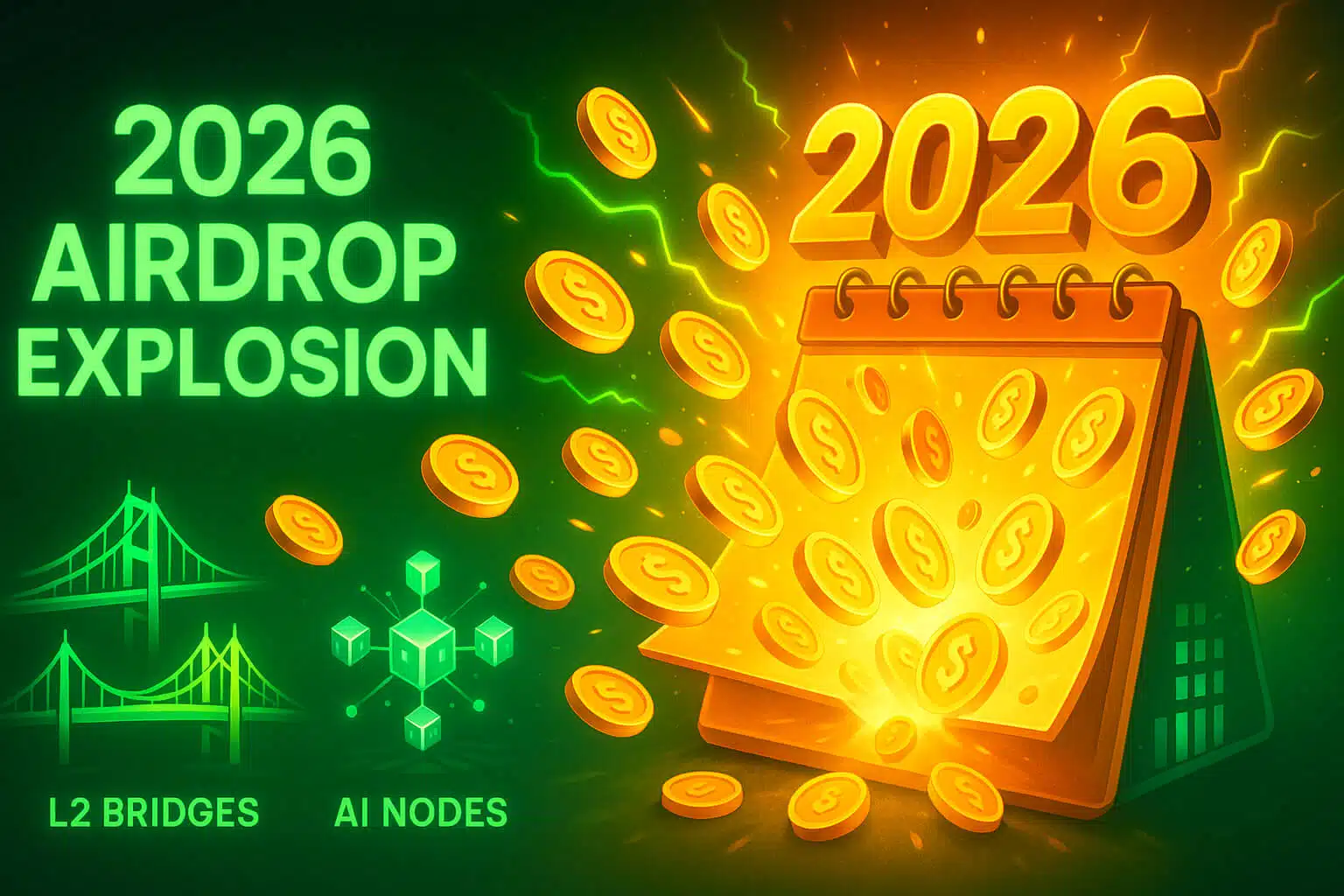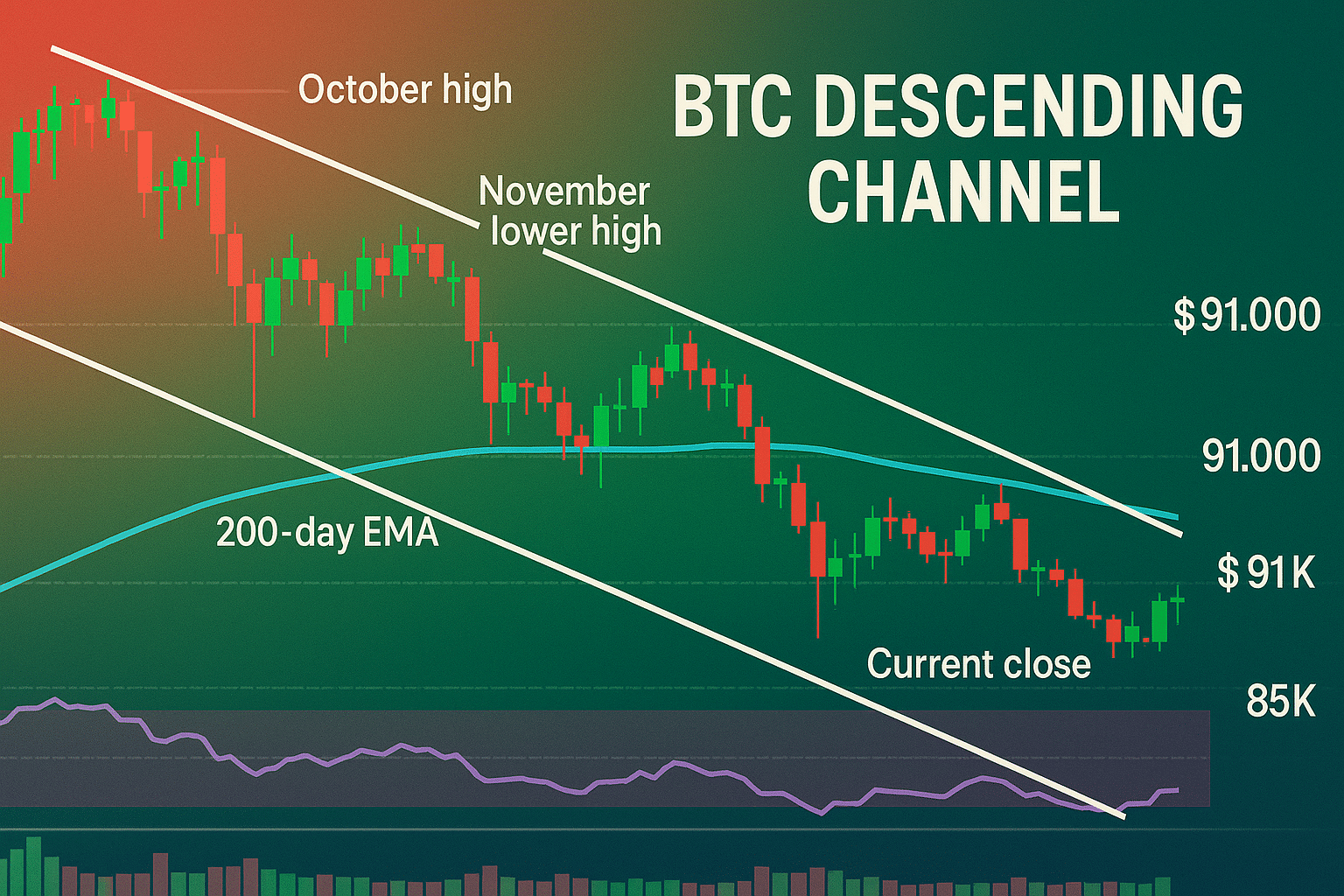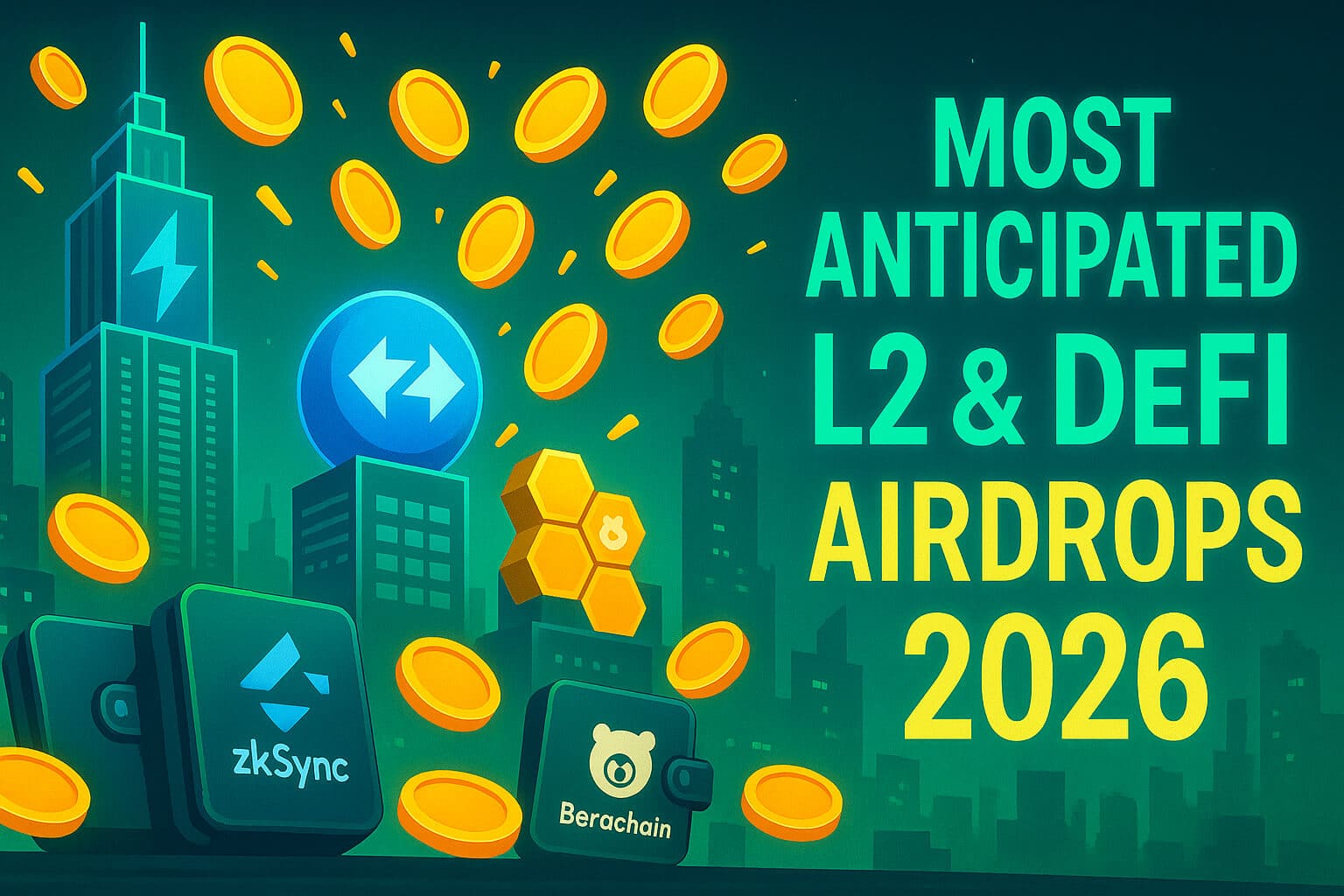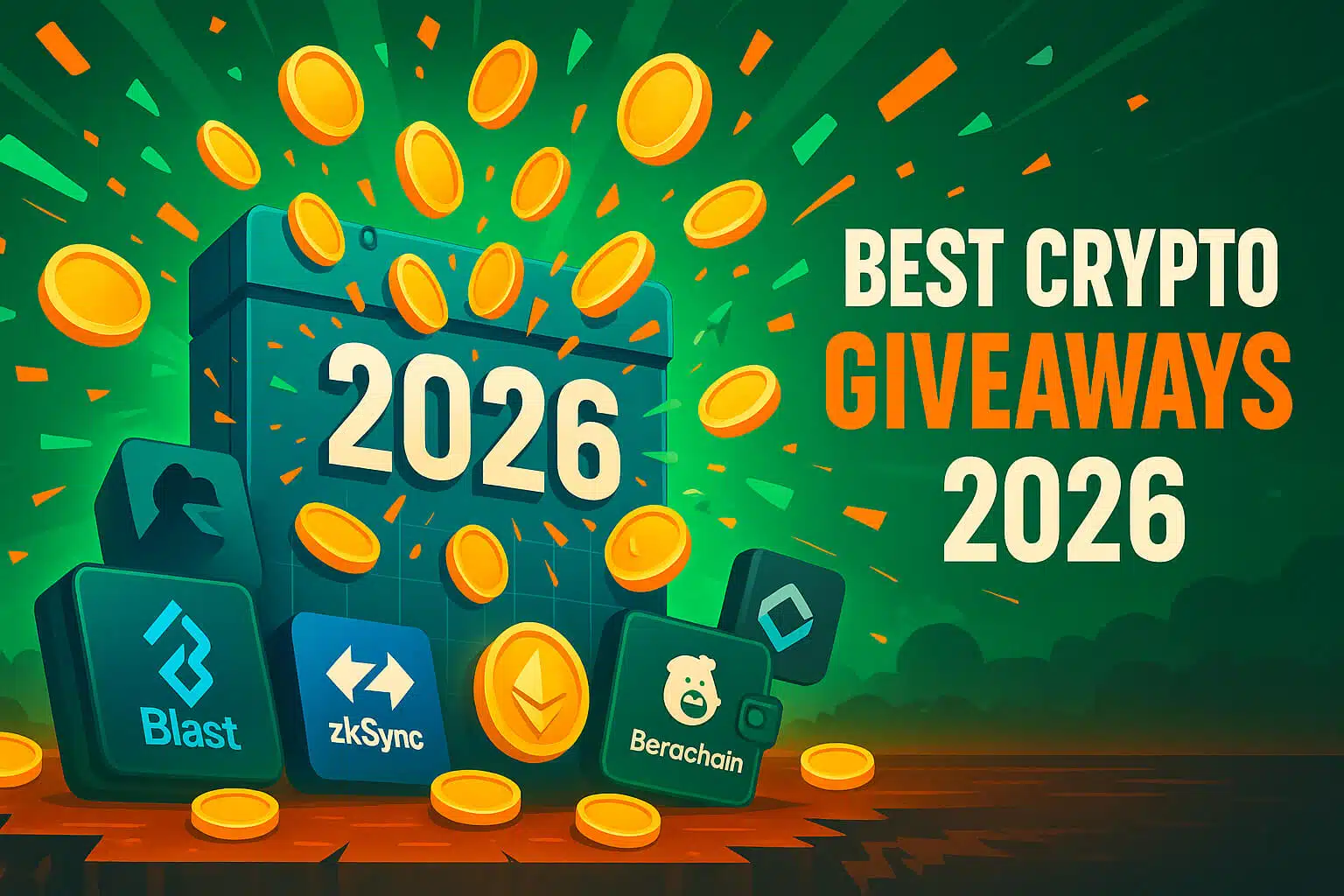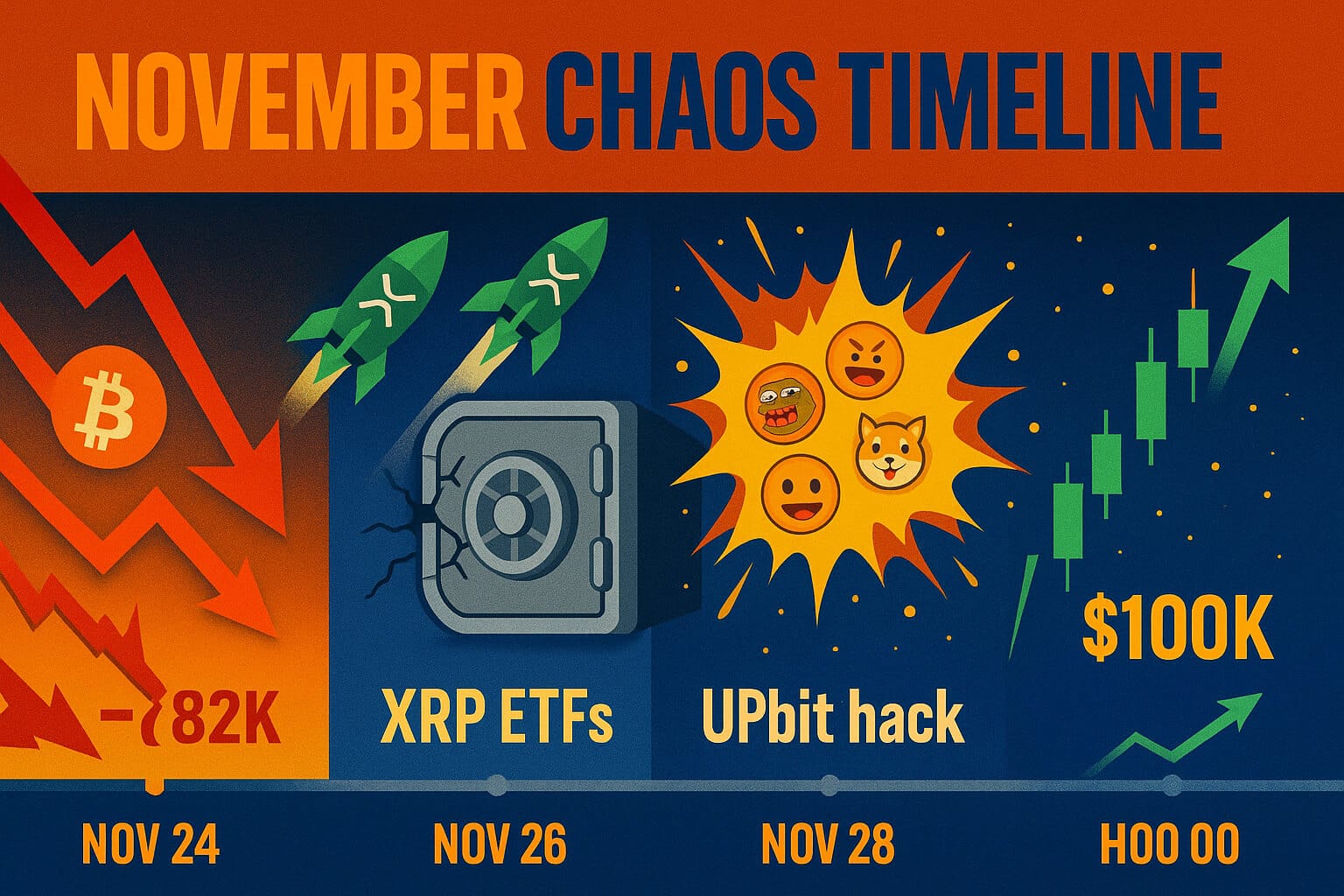Decentralized exchanges (DEXs) have emerged as a cornerstone of the blockchain industry, enabling peer-to-peer trading without intermediaries. However, for DEXs to thrive, they require robust liquidity and active user participation. Airdrops, the practice of distributing free tokens to users, have become a powerful tool in addressing these challenges.
Airdrops in decentralized exchanges are not just about marketing they’re about building sustainable ecosystems by rewarding users, liquidity providers, and community members. Let’s explore how airdrops are driving liquidity, boosting engagement, and shaping the future of DEX platforms.
1. The Role of Liquidity in Decentralized Exchanges
1.1 Why Liquidity Matters
Liquidity is the lifeblood of any exchange, decentralized or centralized. It ensures that traders can buy or sell assets without significant price slippage. For DEXs, which rely on liquidity pools rather than traditional order books, maintaining deep liquidity is essential.
1.2 How Airdrops Attract Liquidity Providers (LPs)
Liquidity providers are incentivized through airdrops to deposit their assets into liquidity pools. These airdrop rewards often come in the form of governance tokens or native tokens of the platform, encouraging LPs to stay invested.
For example, platforms like Uniswap and PancakeSwap have used liquidity mining campaigns combined with airdrops to ensure their pools remain well-funded, leading to smoother trading experiences for users.
2. Driving User Participation Through Airdrops
2.1 Lowering Entry Barriers
Many potential users hesitate to engage with DEXs due to a lack of understanding or perceived risks. Airdrops act as a gateway by offering free tokens, allowing users to experiment with trading, staking, or providing liquidity without financial commitment.
2.2 Encouraging Active Engagement
Airdrops often reward users who perform specific actions, such as completing their first trade or staking tokens. This not only drives user activity but also fosters a habit of regular participation.
For instance, SushiSwap rewarded users who migrated their liquidity from competing platforms, boosting user engagement and expanding its ecosystem.
3. Governance and Community Empowerment
3.1 Incentivizing Governance Participation
Governance is a critical aspect of DEX platforms. Airdrops of governance tokens empower users to vote on important decisions, such as fee structures, token listings, or protocol upgrades.
For example, Uniswap’s UNI token airdrop gave users a stake in the platform’s governance, aligning their interests with the platform’s long-term success.
3.2 Building Community Loyalty
Airdrops create a sense of ownership among users, fostering loyalty and ensuring continued participation in the ecosystem. Token holders are more likely to advocate for the platform and contribute to its growth.
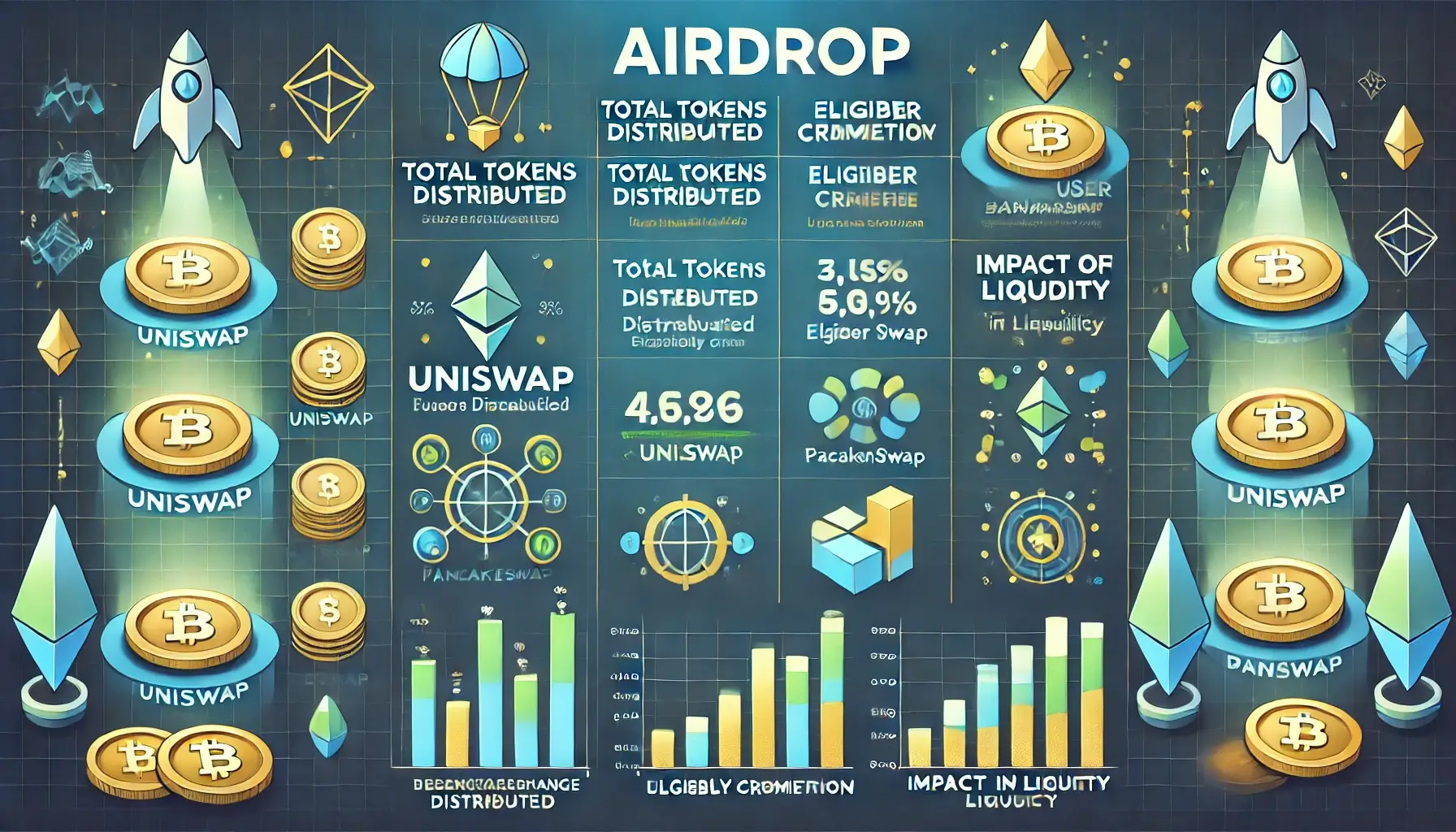
4. Real-World Examples of DEX Airdrops
4.1 Uniswap: The Pioneer of DEX Airdrops
In 2020, Uniswap airdropped UNI tokens to all users who had interacted with its platform. This campaign not only rewarded early adopters but also encouraged new users to explore the platform, cementing its position as a leader in the DEX space.
4.2 PancakeSwap: Gamified Rewards
PancakeSwap leveraged airdrops to gamify its ecosystem, rewarding users for participating in yield farming and trading competitions. This strategy significantly boosted platform activity.
4.3 1inch: Incentivizing Trades Across Chains
1inch distributed airdrop rewards to users who traded on its platform, including those who bridged assets across different blockchains. This initiative highlighted the platform’s focus on multi-chain interoperability.
5. Challenges of Airdrop Campaigns in DEXs
While airdrops offer numerous benefits, they also present challenges that must be addressed:
5.1 Preventing Token Dumping
A common issue with airdrops is recipients selling tokens immediately, causing price volatility. To counter this, platforms implement vesting schedules and lock-up periods.
5.2 Avoiding Sybil Attacks
Some participants create multiple accounts to exploit airdrop campaigns. Platforms mitigate this by implementing eligibility criteria, such as requiring meaningful activity or wallet history.
5.3 Ensuring Long-Term Engagement
While airdrops effectively attract users, retaining them requires additional incentives, such as staking rewards or ongoing governance participation.
6. The Future of Airdrops in Decentralized Exchanges
The growing influence of airdrops in decentralized exchanges reflects their importance in driving liquidity and participation. As the DEX market evolves, airdrop campaigns will likely become more targeted, rewarding meaningful contributions rather than mere participation.
Future airdrops may focus on:
- Cross-Chain Interoperability: Rewarding users who bridge assets between blockchains, promoting seamless multi-chain trading.
- Decentralized Identity (DID): Airdropping governance tokens to users who verify their identities through decentralized solutions, ensuring a secure and trusted ecosystem.
- Staking and Governance Programs: Offering additional rewards for users who stake tokens or participate actively in governance.
Conclusion
The role of airdrops in decentralized exchanges goes beyond simple token distribution. They are incentivizing liquidity, driving user participation, and fostering innovation within the DeFi space. Platforms like Uniswap, PancakeSwap, and 1inch demonstrate how effective airdrop campaigns can transform user behavior and strengthen ecosystems.
As the DEX market continues to grow, airdrops will remain a cornerstone strategy for building sustainable, user-driven platforms. For users, these rewards represent an opportunity to explore decentralized finance, contribute to governance, and earn valuable tokens in the process.
For more insights and guides on DeFi strategies, visit our Cryptocurrency Comparisons Guides.
Stay Updated
For the latest updates on decentralized exchanges and blockchain innovation, follow us on:
Special Offer
Start trading on decentralized exchanges today! Sign up on Bybit to claim up to $30,000 in deposit bonuses.


